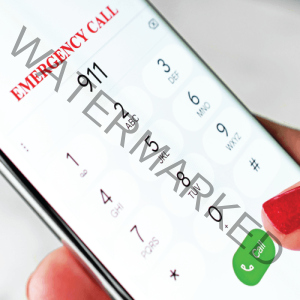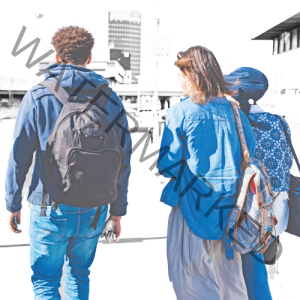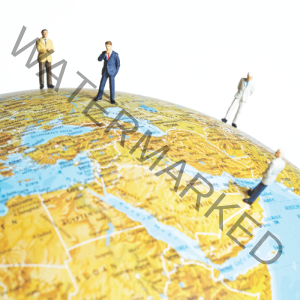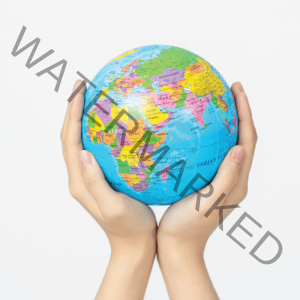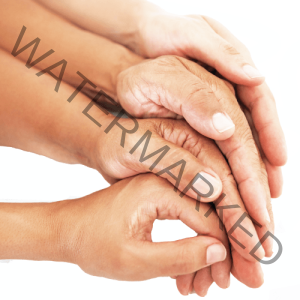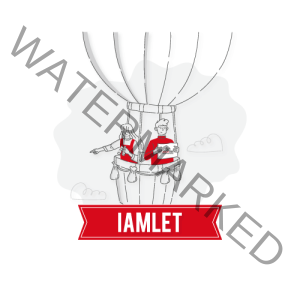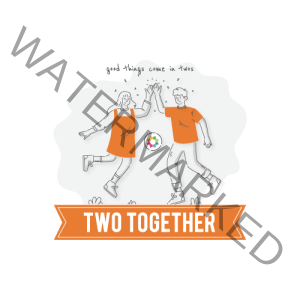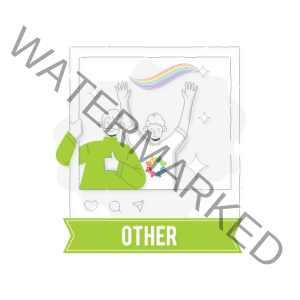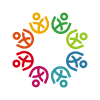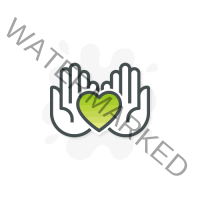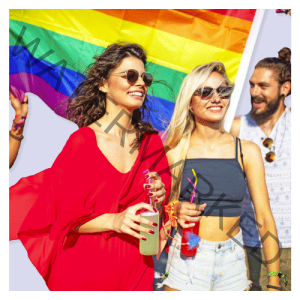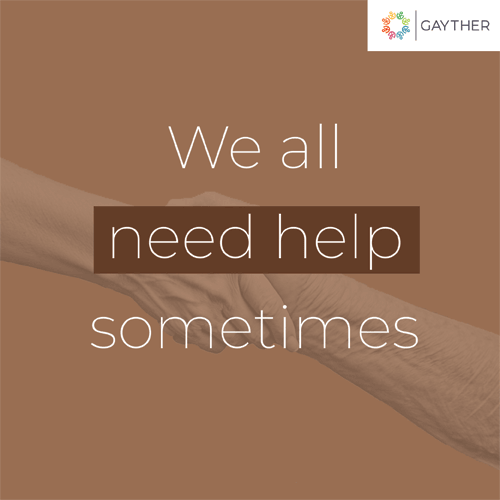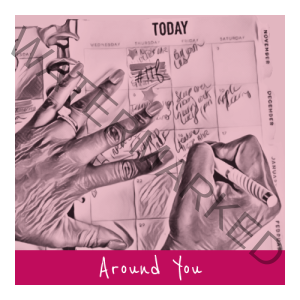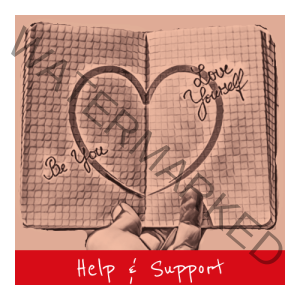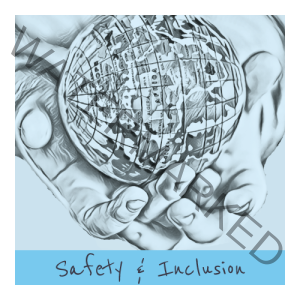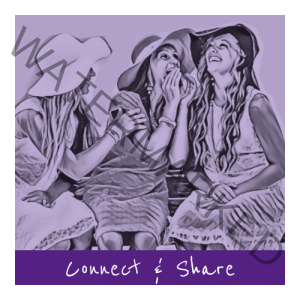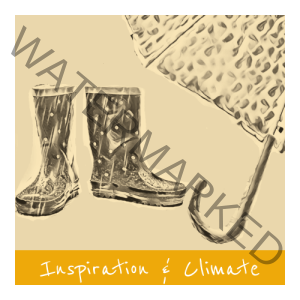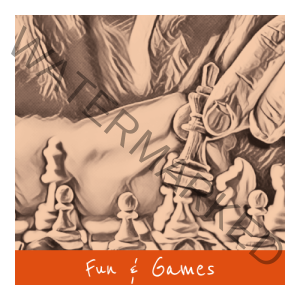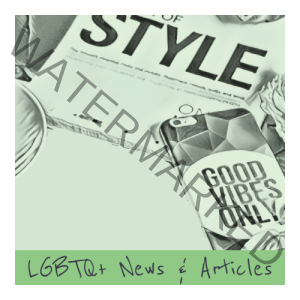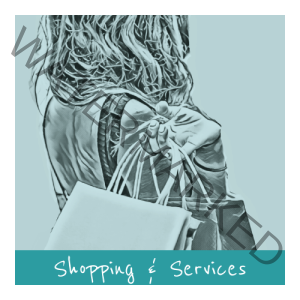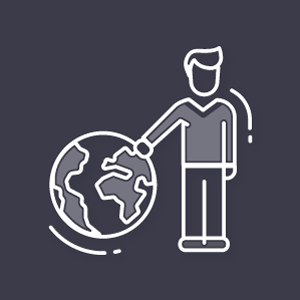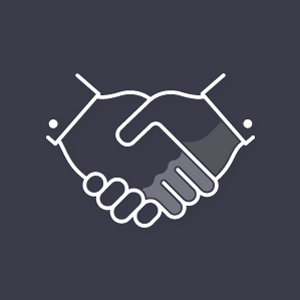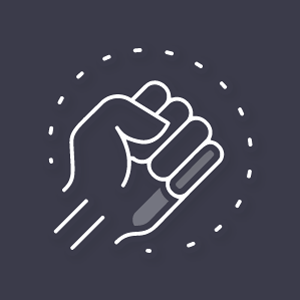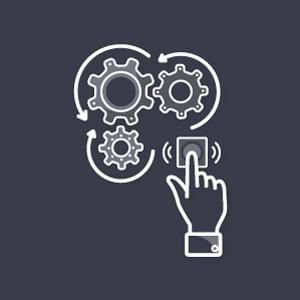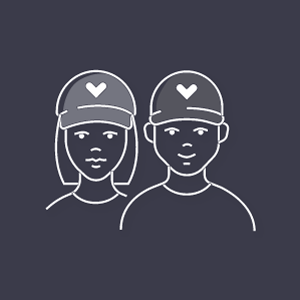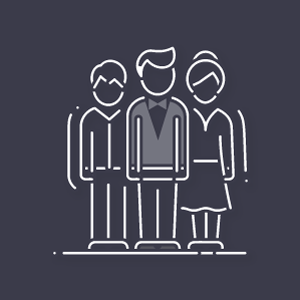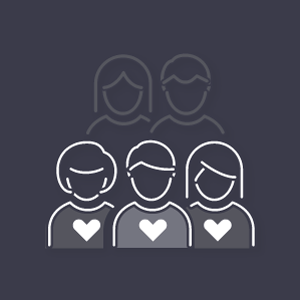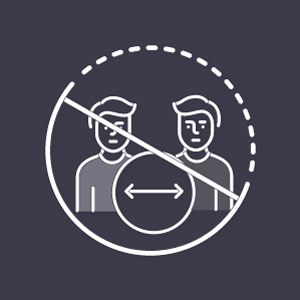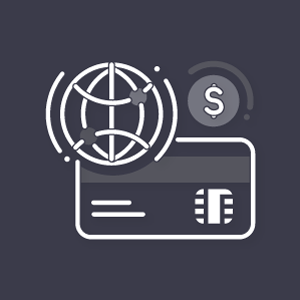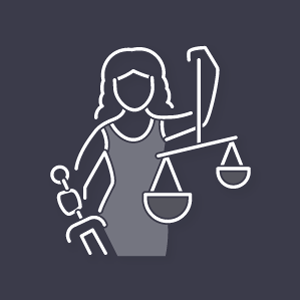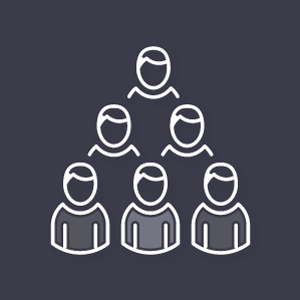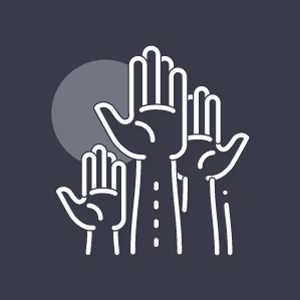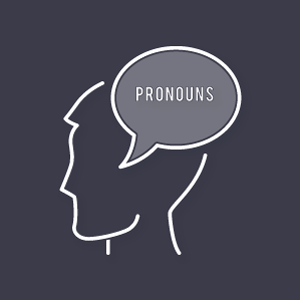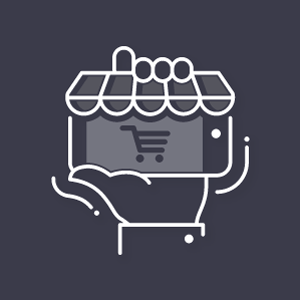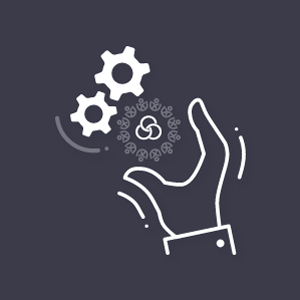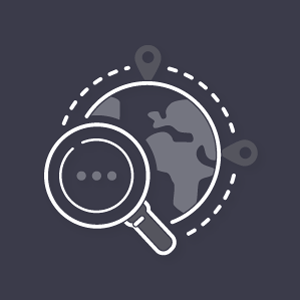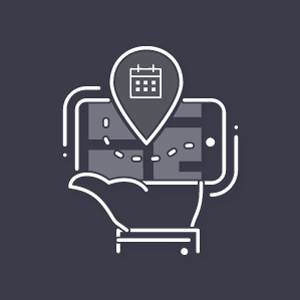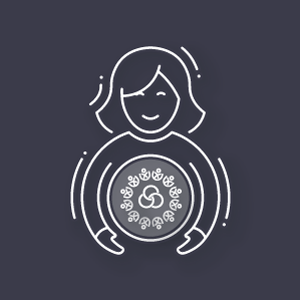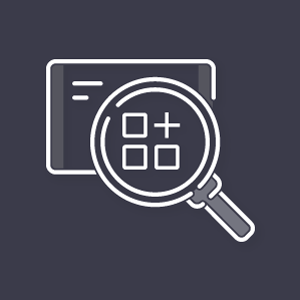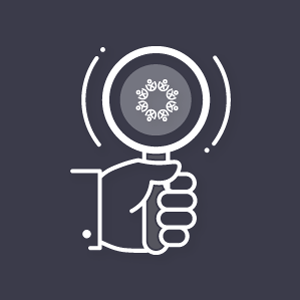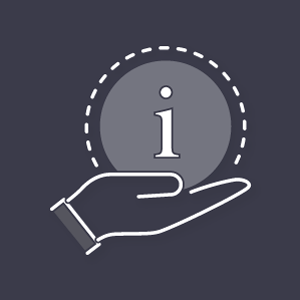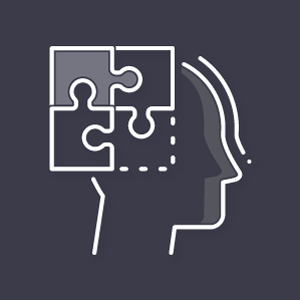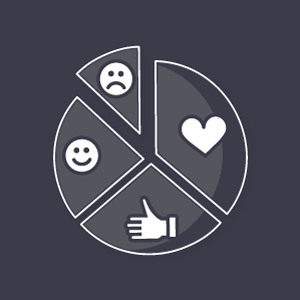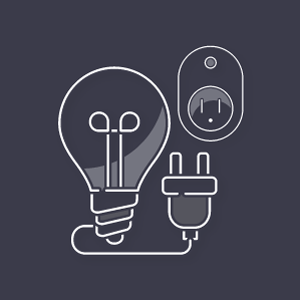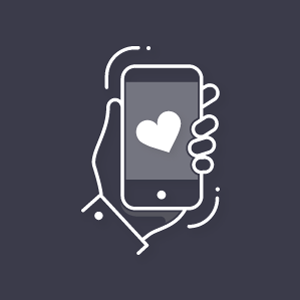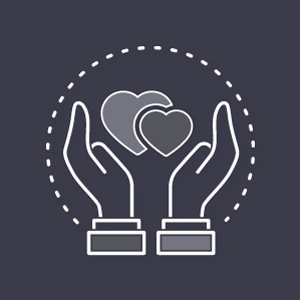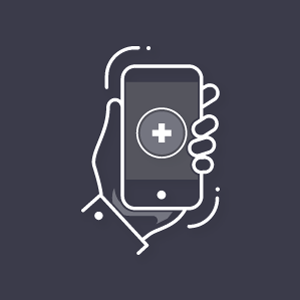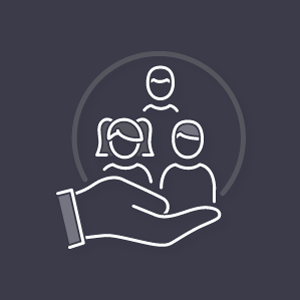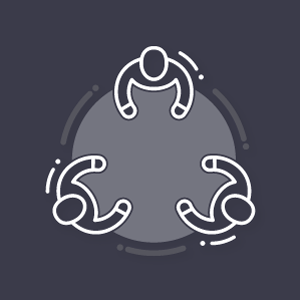

Join in the fun and take part in our interactive gender identities quiz. The gender identity quiz is part of our pride-in series, where you will learn more about various gender identities, sexualities and specialist LGBTQIA+ groups. The results will be based on your answers, helping you find the gender identity or identities that might best represent how you think and feel. Learn more about yourself, the LGBTQIA+ community and all the unique groups and identities today. Take pride in however you choose to identify
IMPORTANT
The quizzes and personality tests are designed for entertainment purposes only and may not correctly reflect you or what you believe. Labels and terms are just that, and only you can define who you are and what best describes you
Sit back, relax and whenever you are ready, press the
start button
HOW TO USE | Start by clicking the ‘Click to start’ button found below. Once you have found the relevant answer for the first question, you must select the ‘continue to the next question’ button, which can be found immediately below the answers. To complete, you must select the ‘continue to the next question’ button for all of the questions within this quiz. The results will appear once you have completed all of the available questions. Once you want to read the next question, select the back to quiz top
Number of questions: 2 | Average completion time: 1 minute
What gender were you assigned at birth?


Male


Female
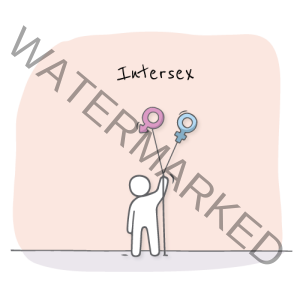

Intersex – both male & female traits
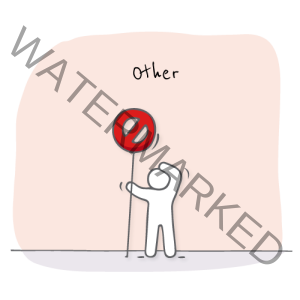

Other
Correct!
Wrong!
How do you identify now?


Identify as the same gender
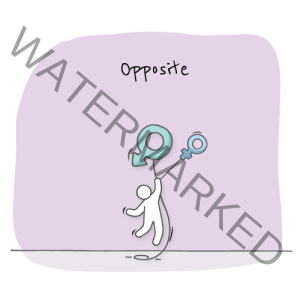

Identify as the opposite gender


Do not identify as male, female or on the gender spectrum
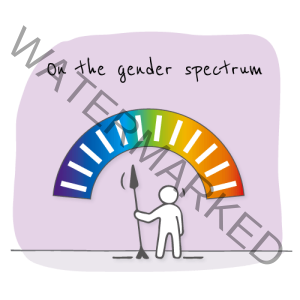

Identify on the gender spectrum


Identity shifts between male and female
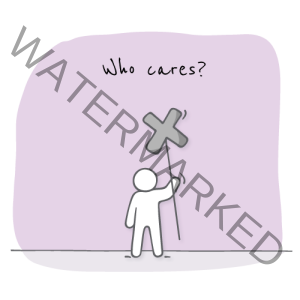

None of the above
Correct!
Wrong!
Share the quiz to show your results !
Subscribe to see your results
Gender Identities
%%personality%%
%%description%%
and %%personality%%
%%description%%
Loading…
Acceptance and coming to terms with a part of what makes you can be challenging for many people. The Gayther pride in series is about celebrating all things relating to sexualities, gender identities and special groups. Showcasing the exceptional people, interesting facts and ways to connect with those unique communities, all designed to help and promote pride in LGBTQIA+ identities
test your knowledge and learn more
about you
Join in and take part in any of the personality tests, questionnaires, crosswords, or any of the fun games available on Gayther. All of the resources are tailored toward the global LGBTQIA+ community and are designed so that you can have fun and learn at the same time
IMPORTANT
The quizzes and personality tests are designed for entertainment purposes only and may not correctly reflect you or what you believe. Labels and terms are just that, and only you can define who you are and what best describes you
Discover, share and remember to always have
fun
Discover all about the amazing LGBTQIA+ community, learn about the community and the various personal pronouns and use the interactive maps to discover countries that recognise same-sex marriages, unions, and so much more
Gayther Affinity is a private platform for the global LGBTQIA+ community. A space that gives you the freedom to be yourself. Helping you communicate with and connect to people similar to yourself. People from around the world from all age groups and backgrounds. Signup for your free Affinity account today
Learn more about yourself by taking any one of the Gayther personality tests or by taking part in any of the questionnaires
Direct to your inbox, be the first to find out about the latest articles, community news and upcoming events from the fortnightly Gayther Newsletter
A problem shared is a problem halved. We all need a little support, advice and help sometimes, so why not use our Agony Zir service
Gayther...your community resource
Three dedicated websites offer various tools, services, guides, and much more. Free tools and services tailored toward all groups within the global LGBTQIA+ community
Discover more about the extensive tools, services and guides available on Gayther. From country and regional guides to LGBTQIA+ community resources, learn more about all that Gayther has to offer
IMPORTANT DISCLAIMER: All news items displayed on this page are provided by third party services. Gayther does not endorse or accept any responsibility or liability regarding any materials within the news and media pages. Though we endeavour to keep all information across the site updated, we do not guarantee the accuracy and completeness of any information displayed. The languages and terms featured on this page are literal translations and have not been validated or verified. The service is provided free of charge, and by using it, you accept that you are doing so at your own risk. This page may contain external links to third party websites; Gayther provides these links for your convenience and does not endorse, warrant or recommend any particular products or services. By clicking on any external links, you will leave Gayther and be taken to the third-party website, which you do so at your own risk and by accessing the site, you will be required to comply with the external third party’s terms and conditions of use and privacy policies

